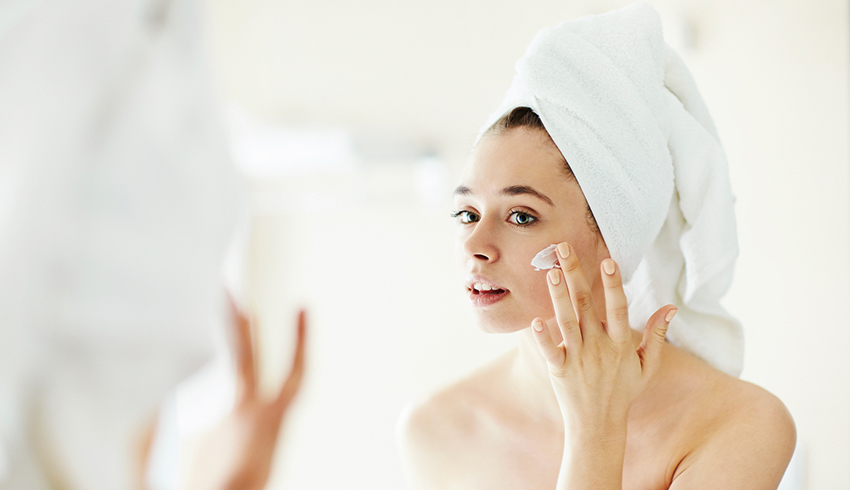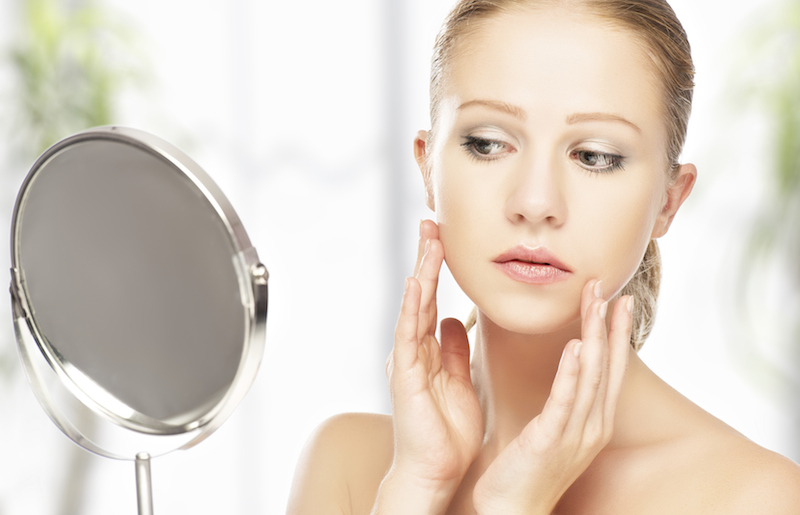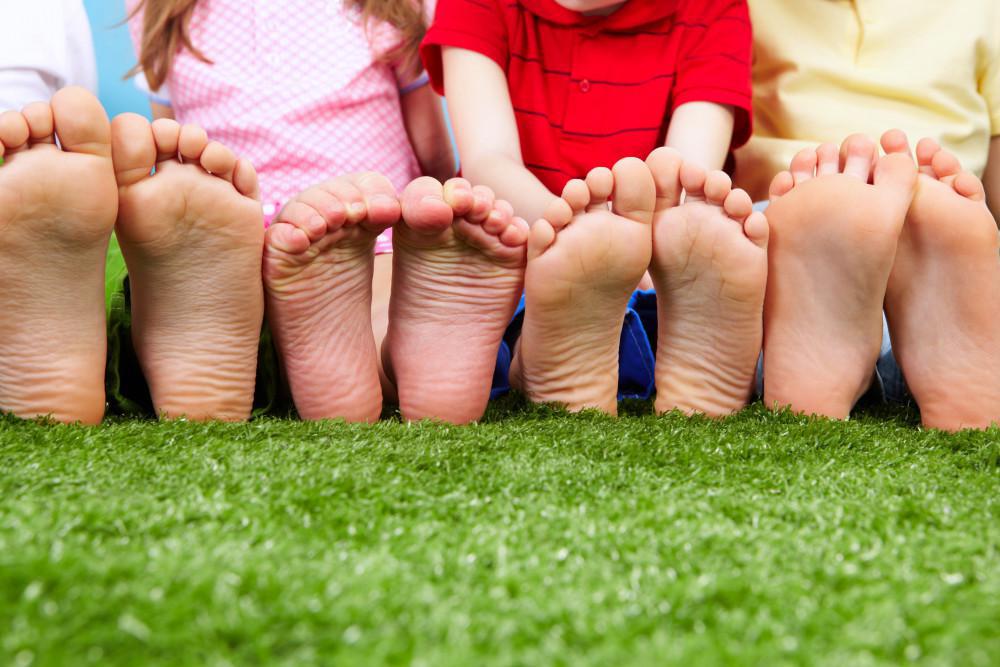Some ingredients are real necessities in our beauty routine. For instance, Hyaluronic acid provides extra moisture, and antioxidants prevent the risk of skin inflammation and redness, but if you want to reduce the first wrinkles on your face effectively, you should try using a retinol cream. But what exactly is it, and how does it work?
What is Retinol?
Retinol is a vitamin A derivative used in many beauty products for its anti-aging properties. It stimulates the metabolism of skin cells and increases the production of collagen. With continued use, retinol creams can completely change the texture of the epidermis, making it smoother and more even. It also repairs sun damage, fades blemishes, and eliminates wrinkles and pores. This miraculous product was initially formulated for patients suffering from severe acne to improve their pale complexion, but it has since attracted attention for its rejuvenating effects.
Benefits of Retinol For the Skin
Anti-aging Benefits
The benefits of vitamin A in skincare are enormous. It can prevent and, at the same time, reduce the aging of the skin. The active form of vitamin A in skincare can bind to the receptors of our skin cells and make them behave younger and healthier. This can bring many improvements, such as clearer skin due to optimized cell regeneration, smoother skin due to improved collagen synthesis, and tighter pores.
However, these positive changes require the skin first to get used to them. During the adjustment period, which may be somewhat uncomfortable, the skin may peel or become red, but this will improve with time.
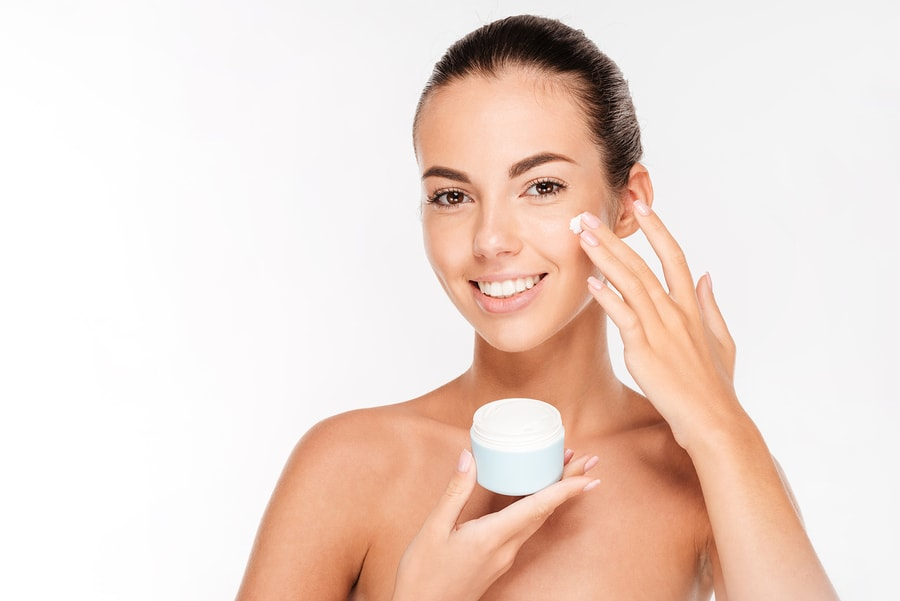
Retinol for Acne
Vitamin A is very effective against acne. It works on acne by penetrating the entire wall of the pore, from the opening on the skin surface to the connection with the sebaceous gland. The problem begins with clogging at the back of the pores. This is why retinol is often prescribed for acne. For severe acne, a prescribed retinoid may be the best choice. It may take some time to see results though.
Disadvantages
Heavy skin exposure can cause dryness, itching, redness, and irritation with any acne product. Thus, it is best to start with a low dose. Slight side effects will disappear after a few days, and the dosage can be slowly increased over several weeks. This is because the active ingredients first carry all the “dirt” from the skin upwards, causing it to change rapidly. As it is a potent cream, it can also lightly exfoliate and even out the complexion. If you have sensitive skin or suffer from inflammatory acne, this cream can worsen your skin. Always consult a dermatologist before using a retinol cream.
When Should I Start Using Retinol Cream?
Studies have shown that the skin will age faster if the epidermis is sensitive or often inflamed. You can start using it from the age of 20. This means that you can start using it when you find your first wrinkle or when your skin is still impure, like in your teens. Indeed, after the age of 21, the speed of skin regeneration gradually slows down, so this type of cream is an excellent product to help stimulate the skin’s metabolism. Using retinol products is a perfect preventive measure, but it is better to avoid high concentrations of the product.
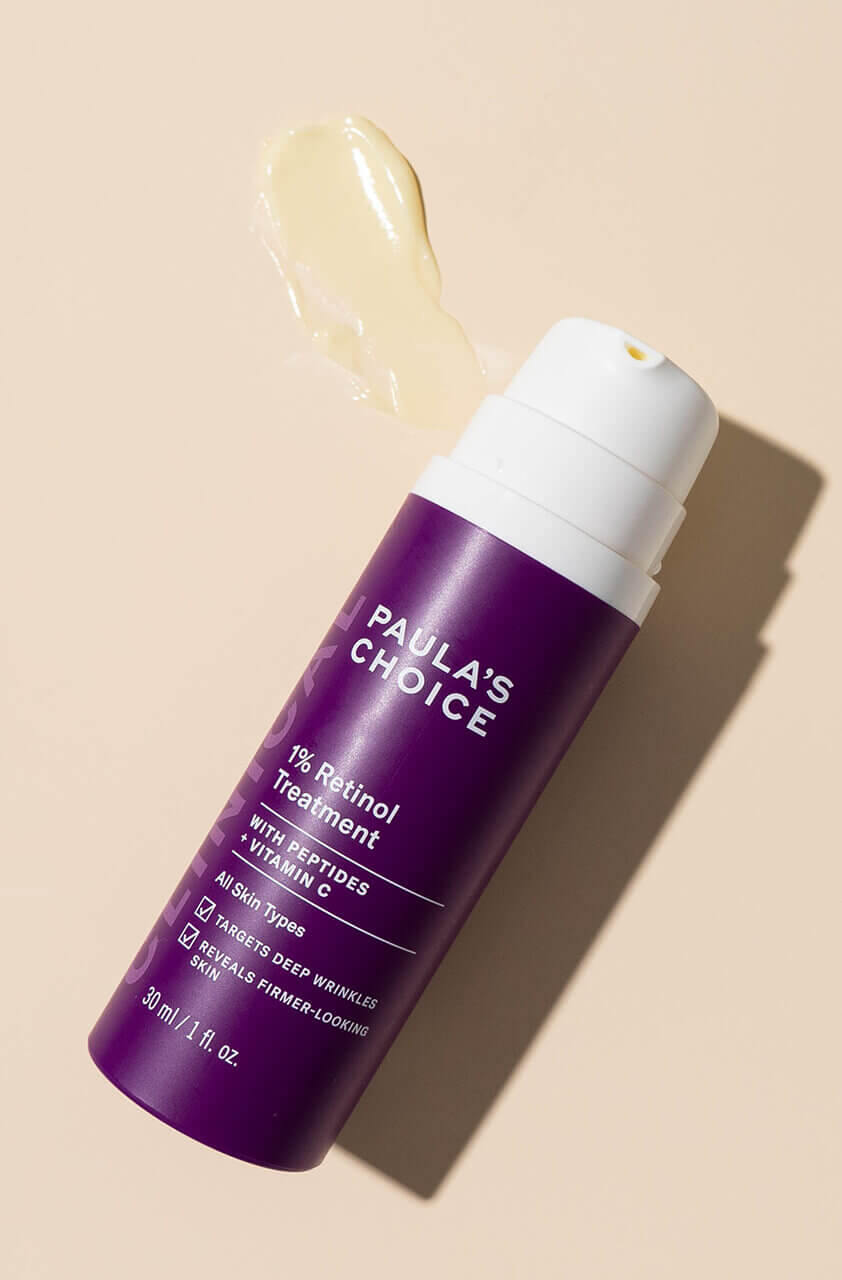
When and How Should I Use It?
Vitamin A derivatives are volatile and need to be used in the evening to activate fully. In the beginning, it is advisable to apply a single application of the cream once a week before going to bed, gradually increasing the amount and using it daily. At the same time, it is essential to moisturize and exfoliate the skin once a week. This will further enhance the penetration of the active ingredients into the skin.
If your skin becomes irritated, you can omit the application the next night. Next, remember that the sun and retinol have an inverse relationship. To avoid wasting the work of night creams, you need to protect your face with sunscreen during the day.
Do you use retinol? Share your thoughts on it with us in the comments below!

